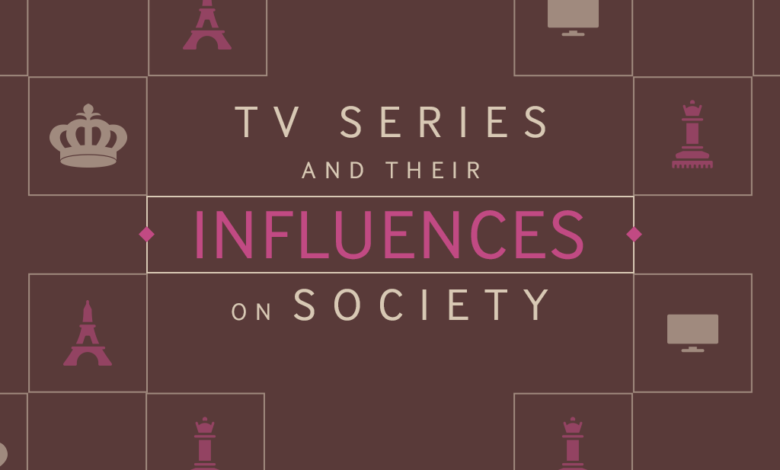Reality TV Shows: their impact on Society and Culture

Reality TV shows have become a ubiquitous part of modern popular culture, with numerous shows covering a wide range of topics, from singing and dancing competitions to survival challenges and dating games. While some viewers enjoy the entertainment value of these shows, others argue that they have a negative impact on society and culture.
One of the main criticisms of reality TV shows is that they promote a culture of voyeurism, where viewers become obsessed with watching other people’s private lives unfold on screen. This can lead to a loss of privacy and a blurring of the boundaries between what is considered public and private. In addition, some reality shows promote unrealistic standards of beauty and behavior, which can have a negative impact on viewers’ self-esteem and mental health.
Another concern with reality TV shows is the way they depict certain groups of people, such as women, minorities, and members of the LGBTQ+ community. Some shows have been criticized for perpetuating stereotypes and reinforcing negative attitudes towards these groups, which can contribute to discrimination and prejudice in society.
However, there are also those who argue that reality TV shows can have a positive impact on society and culture. For example, some shows have been praised for promoting social issues and raising awareness about important topics, such as environmental conservation and mental health.
Overall, the impact of reality TV shows on society and culture is complex and multifaceted. While some shows can have a negative impact on viewers and perpetuate harmful attitudes and behaviors, others can be a force for positive change and social awareness. As with any form of media, it is important for viewers to be critical and aware of the messages being portrayed and to consume media in a responsible and mindful manner.
In addition, reality TV shows can also have a significant impact on the careers and lives of the participants. Some contestants on reality shows have gone on to achieve great success and fame, while others have suffered from the negative attention and scrutiny that comes with being in the public eye. This can lead to mental health issues and a lack of privacy for the participants, who may feel like they are constantly under a microscope.
Furthermore, reality TV shows can also influence the way people view themselves and their own lives. For example, some viewers may be inspired to pursue their own dreams and aspirations after seeing the journeys of contestants on reality shows. On the other hand, others may feel inadequate or disillusioned with their own lives after watching the seemingly perfect lives of the contestants.
It is important to note that the impact of reality TV shows can vary greatly depending on the individual viewer and the specific show being watched. Some viewers may be able to enjoy the entertainment value of these shows without being negatively influenced, while others may be more vulnerable to the negative messages and behaviors portrayed on screen.
In conclusion, reality TV shows have a significant impact on society and culture, both positive and negative. While they can be a source of entertainment and inspiration for some viewers, they can also perpetuate harmful attitudes and behaviors and have negative consequences for the participants. It is important for viewers to be critical and mindful of the messages being portrayed on screen and to consume media in a responsible manner.



